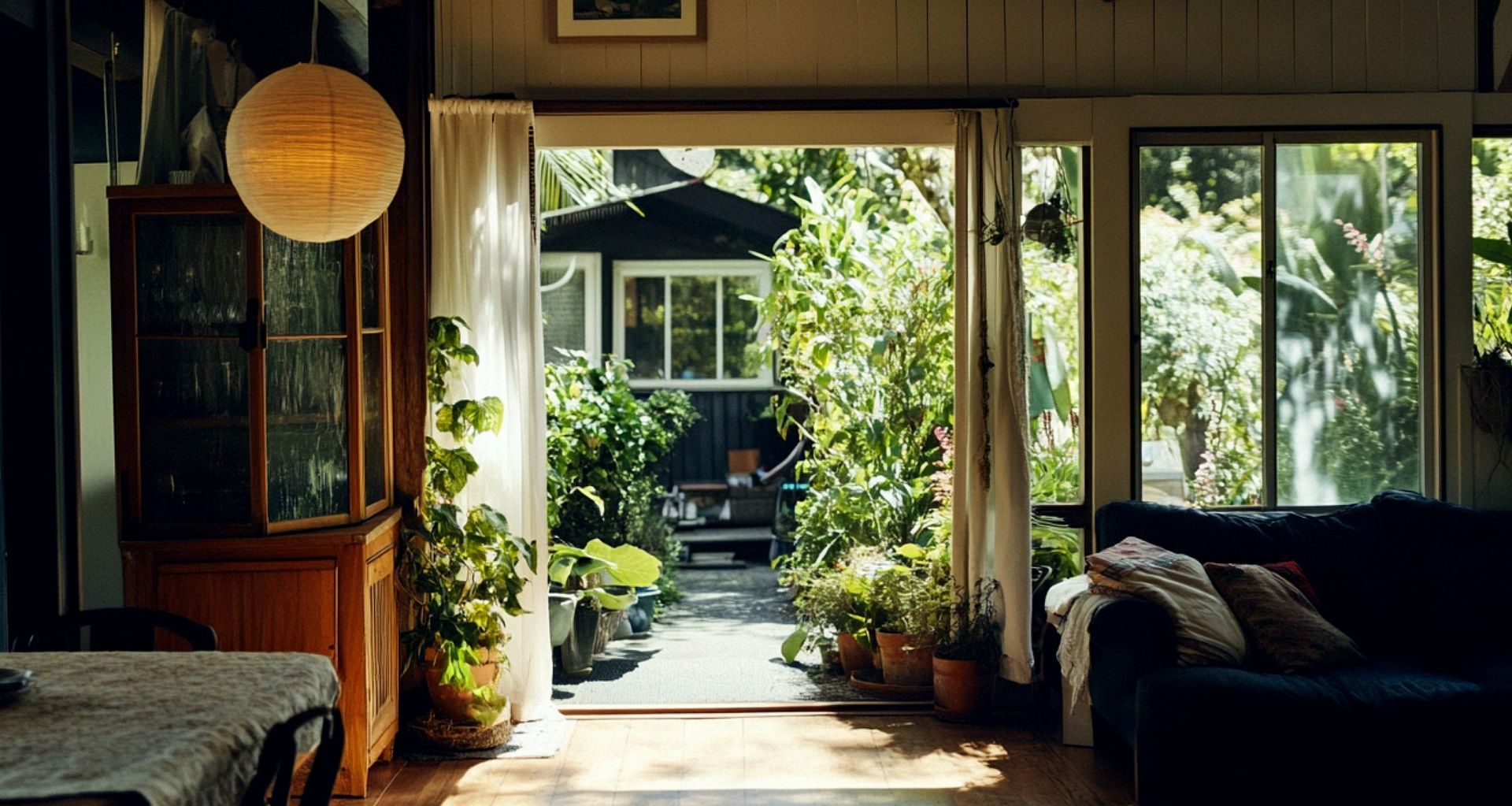The power of water for healthy New Zealand homes
Written by
09 December 2024
•
4 min read

Steve Gledhill, the National Sales Manager at Waterware, highlights the need to prepare for the upcoming legislative changes concerning lead levels in New Zealand. “The cut-off date for compliance is May 2026, so we are proactively shifting all our product offerings to meet this new requirement of products intended for potable water containing less than 0.25 per cent lead,” he says.
Waterware, a New Zealand wholesale plumbing supplier for front- and back-of-wall products, is already preparing for this shift in bathroom fixtures and essential components like pipework and valving. "Working closely with our suppliers, like world-renowned Italian valve manufacturer Caleffi, is important due to these changes in legislation to low-lead,” says Steve.
“Caleffi has been supplying low lead valves at 0.10 per cent into the USA market for over 15 years, so we benefit from their extensive knowledge and experience.”
"These changes will affect anything that touches potable water. Brass, a common material used in potable fixtures, has lead added to improve machinability and corrosion resistance, but new Brass alloys can provide the same performance with lower lead content,” explains Steve.
“In addition to rolling out a complete range of low lead brass products, we've just released new lead-free stainless-steel tapware ranges from manufacturers that can now make stunning stainless-steel products more cost-effectively, which has always been the challenge.”
3 ways specifiers can create healthier homes
1. Renewable water heating
Steve explains Waterware’s current focus on creating healthy homes for New Zealanders, from spouts to heating. “The central heating that we do is all hydronic, which is water-based, and primarily powered by heat pumps. The healthier we can make Kiwi homes by delivering fresh hot water or using water to transfer energy for home comfort, the better."
Waterware’s private label technology brand, Ritter, offers significant advantages for specifiers and homeowners. Due to their high quality and performance, Ritter units can operate at a quarter of the cost of electric elements while providing more usable hot water. Ritter heat pumps can reach temperatures of up to 75 degrees Celsius, making them very versatile for all heating and hot water applications, both residentially and commercially," adds Steve.
“Although heat pumps don't produce any pollutants when they're operating (as they're a closed system), there is typically an impact on the environment when they go end-of-life," says Steve. “The refrigerant used in Ritter products is R290 (pure-grade propane). If released into the environment, it is a non-toxic natural refrigerant with minimal environmental impact even when disposed of.”
2. Future proofing your project supply
Waterware developed SmartCart, a software scheduling program, during the COVID-19 pandemic after the disruptions caused significant supply chain issues due to local unavailability or skyrocketing prices from international suppliers.
Interestingly, Steve remarks the COVID-19 pandemic presented a catch-22 situation; while supply chains were severely disrupted, the demand for home investments and renovations surged. “SmartCart software provided a solution to the supply chain disruptions and product cost fluctuations. The software allowed clients to lock in product supply and prices for 24 months, helping avoid stockouts,” remarks Steve.
“This [SmartCart] system gives us a very accurate forecasting model, which provides huge benefits in terms of managing the supply chain while allowing customers to benefit from a locked-in price. Right now, the same thing is happening again. With the recession affecting the market, suppliers are offloading their stock. We therefore anticipate that many projects may fall through due to shortages and rising costs, so we’re committed to helping contractors, plumbers, and homeowners secure their supply chains in New Zealand now.”
3. Create a Healthy Kiwi Home
Waterware’s ‘Healthy Kiwi Homes’ initiative expands to assist with funding for renewable investments within the project or home. “These programs began when high-wall heat pumps became popular for heating and cooling. The heat pump industry heavily lobbied banks to provide renewable loans at low interest rates, and it took off,” says Steve.
"We now have ASB onboard with our Ritter R290 heat pump collection, which means you could essentially install a complete heat pump central heating or hot water system using your existing mortgage. The ASB Home Loan Top Up Scheme provides up to $80,000 at low fixed interest rates to help make your home drier, warmer and more energy efficient," says Steve.
“To us, Healthy Kiwi Homes focuses on encouraging quality water and heating that improves the residents' comfort and health while benefiting the environment, all cost-effectively.”
To learn more about the Healthy Homes program, SmartCart or Waterware’s product range, contact them today on ArchiPro.
